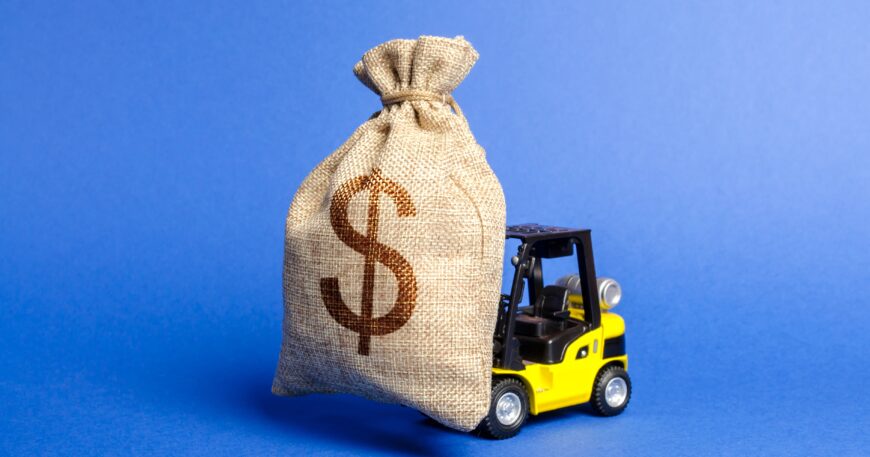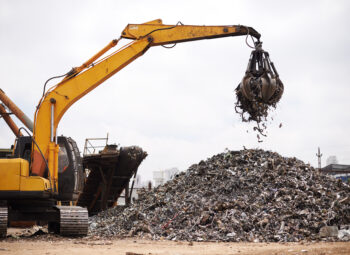At Surplus Cascade, we support clients throughout the equipment resale process — including the tax and documentation side. Here’s what to know before you sell.
1. Is the Sale Considered Taxable Income?
In most cases, yes. If you sell a business asset for more than its depreciated value, the profit is taxable.
Example: You bought a machine for $20,000. After depreciation, it’s valued at $5,000. You sell it for $8,000. That $3,000 difference is taxable income.
2. Capital Gains or Ordinary Income?
The way your gain is taxed depends on how long you owned the item and how it was used. In most scenarios, it’s treated as ordinary business income — not capital gains.
Tip: A qualified tax advisor can help you make the correct classification.
3. Do You Need to Collect Sales Tax?
Sales tax may apply based on:
- Your state and local tax laws
- Whether you’re a reseller or end-user
- The buyer’s location
If you’re selling directly (not via a licensed dealer), you might need to collect and remit sales tax yourself. At Surplus Cascade, we manage this as part of our resale services.
4. How to Report the Sale
If you’re a business, equipment sales must be reported on your income tax return. Your business type will determine where to report it. For example:
- Form 4797: For sale of business property (corporations, LLCs, partnerships)
- Schedule C: For sole proprietors
Form 4797 details from the IRS
5. Keep Accurate Records
Good documentation makes reporting easier and protects you in the event of an audit. Always keep:
- Original purchase invoices
- Depreciation schedules
- Sale date and final price
- Buyer name and payment proof
6. Consult a Tax Professional
Every tax situation is different. If you’re selling multiple assets or conducting a large liquidation, talk with a CPA or business tax expert. Surplus Cascade can also work directly with your advisor to streamline the process.
Final Thoughts
Selling used equipment is a fast way to generate cash — but understanding the tax side helps you protect your proceeds and avoid compliance issues. With the right strategy, documentation, and support, you can maximize value and minimize hassle.
Questions about taxes or documentation for your next sale?
📧 Email us at sales@surpluscascade.com
🌐 Visit surpluscascade.com for expert resale and reporting support.







